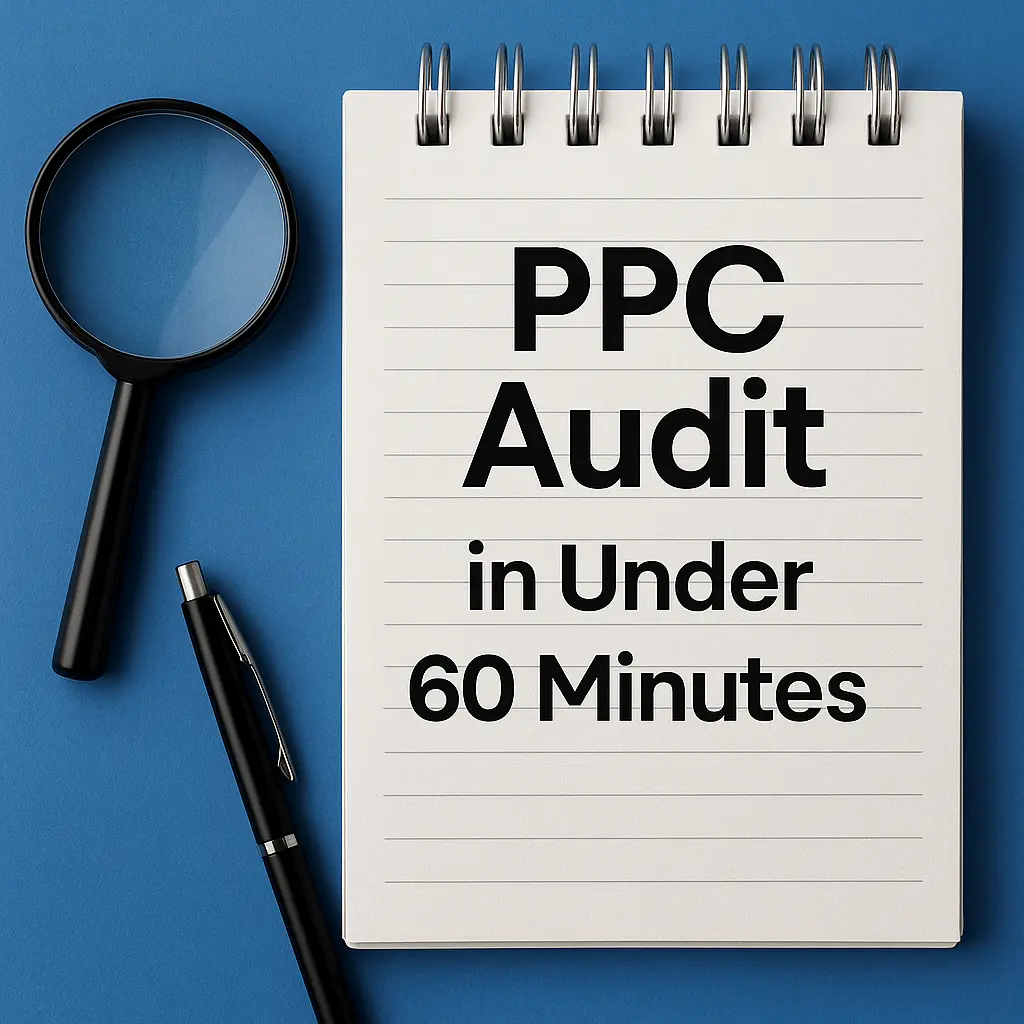In an online ecosystem bustling with monetization opportunities, affiliate marketing emerges as a prominent strategy for revenue generation. But with its popularity comes a crucial question: is affiliate marketing legit? Let’s explore this avenue to understand its workings, potential pitfalls, and how it stands in the light of legality. Together, we’ll understand Affiliate marketing legitimacy.
What is Affiliate Marketing?
Affiliate marketing is a performance-based marketing model where a business rewards affiliates for each visitor or customer brought by the affiliate’s marketing efforts. It’s akin to a commission-based sales job, but it takes place online. Affiliates promote products or services using a unique link that tracks conversions. This digital marketing strategy is lauded for its cost-effectiveness and efficiency, as businesses pay only for successful transactions. It’s a win-win for both parties: companies increase sales with minimal risk, and marketers earn revenue by promoting products they believe in.
Is Affiliate Marketing Legit?
Affiliate marketing is indeed a legitimate digital marketing strategy, as long as it’s practiced in accordance with established laws and ethical guidelines. It’s a widely accepted business model that spans various industries and sizes of companies, from small startups to major corporations. The legitimacy of affiliate marketing is anchored in clear, truthful advertising and a commitment to offering real value to customers. Transparent practices not only uphold the integrity of affiliate marketing but also build trust and a strong reputation among consumers.
When Affiliate Marketing Is not Legit
Affiliate marketing goes awry when affiliates prioritize profits over ethical practices, leading to spam, false advertising, and the promotion of subpar products. This not only tarnishes the credibility of affiliate marketing but can also harm consumers and brands. When marketers make misleading claims or fail to offer transparency, trust is breached, and the integrity of the affiliate marketing system is compromised.
The Difference Between Affiliate Marketing and Pyramid Schemes
The line between affiliate marketing and pyramid schemes is distinct but sometimes blurred by unethical practices. Unlike pyramid schemes, where income is primarily derived from recruiting other members rather than selling products, legitimate affiliate marketing, with the help of the right best affiliate marketing software, is product-centric. In affiliate marketing, the emphasis is on genuine sales to end consumers, whereas pyramid schemes often involve making money from the mere act of recruitment, leading to unsustainable business models that can collapse.
Affiliate Marketing Scams
With the surge in popularity of the affiliate marketing industry comes an increased prevalence of common affiliate marketing scams. Such scams often target unsuspecting affiliate marketers, taking advantage of their enthusiasm and inexperience. Here are just a few of the most common scams in affiliate marketing:
- Fake Training Programs and Webinars: These scams lure affiliate marketers with the promise of insider knowledge or secret techniques to succeed in affiliate marketing. Once signed up, individuals may find the training non-existent, overly basic, or just a pitch for more expensive courses. They often charge exorbitant fees for information that is readily available for free or at a much lower cost online.
- Pyramid Schemes Disguised as Affiliate Programs: Some programs mimic legitimate affiliate marketing but are actually pyramid schemes. They focus more on recruiting new members into the scheme than selling actual products or services. Earnings are primarily based on the number of recruits rather than genuine sales, which is unsustainable and often illegal.
- Overpriced Product Packages: In this scam, affiliates are encouraged to purchase expensive product packages with the promise of high returns through sales. However, the products are often overpriced and difficult to sell. The primary way to recoup the investment is by recruiting others to buy the same overpriced packages, creating a cycle that benefits the scheme rather than the affiliate.
- Pay-to-Join Scams: These scams require affiliates to pay a fee to join the program. Legitimate affiliate marketing programs do not typically charge a fee for joining; they make money from actual sales. In pay-to-join scams, the main revenue source is the joining fees from new affiliates, not product or service sales.
- Link Hijacking and Cookie Stuffing: This involves unscrupulous individuals stealing your affiliate sales. In link hijacking, they replace your affiliate ID with theirs, redirecting the commission to themselves. Cookie stuffing involves placing multiple affiliate cookies on a visitor’s computer without their knowledge, resulting in affiliates getting credit for sales they didn’t actually facilitate. Both practices are fraudulent and can result in the legitimate affiliate losing out on earned commissions.
Tips to Stay Away From Affiliate Marketing Hot Water
- Full Disclosure: Always disclose your affiliate relationships in your promotions to maintain transparency with your audience.
- Promote Ethically: Choose to endorse products that you’ve vetted and believe will add value to your consumers.
- Respect Privacy: Obtain consent when building email lists and ensure you’re compliant with data protection laws like GDPR.
- Avoid Overpromising: Be honest in your marketing. Do not make claims about the product that are not supported by the provider.
- Stay Informed: Keep up-to-date with the latest regulations in affiliate marketing to ensure you’re always on the right side of the law.
If you are an affiliate manager, you must have heard or come across scams that promised you more leads, traffic, and revenues but didn’t deliver. There are a few common practices that target affiliate managers that I strongly advise staying away from:
Fake Affiliate Applications
Scammers may flood a program with fake affiliate applications, using stolen identities or fabricated credentials. These applicants, if not properly vetted, can use the program to execute fraudulent activities, such as using illegal methods to generate sales or spamming customers, which can damage the brand’s reputation and lead to legal issues.
Avoidance Strategy: Implement a rigorous vetting process for new affiliate applications. Use background checks, verify the information provided, and assess their online presence. Regularly review affiliate performance and look for red flags like sudden spikes in traffic or sales from new affiliates. In addition, set clear criteria for a qualified application in advance.
Inflated Traffic Scams
In this scam, a fraudulent affiliate uses bots or click farms to generate fake traffic or sales. This can mislead affiliate managers into believing that legitimate marketing activities are taking place, causing them to pay out commissions on these fake interactions. It can be costly and can also skew the program’s performance metrics.
Avoidance Strategy: Monitor traffic sources and conversion rates closely. Use analytics tools to identify patterns indicative of bot activity, such as unusually high traffic but low conversion rates. Regularly audit sales and traffic reports and validate the legitimacy of affiliate sources.
Ad Hijacking
Some unethical affiliates may hijack a brand’s own advertisements by bidding on the brand’s trademarked terms or using the brand’s display ads. This leads to the brand essentially competing against itself and paying commissions on sales they would have naturally received, costing the business unnecessary advertising expenses.
Avoidance Strategy: Regularly monitor the online advertising landscape for your brand’s keywords and imagery. Use trademark monitoring services and set alerts for when your brand’s terms are used. Establish clear rules in your affiliate agreements about bidding on branded keywords and using branded imagery.
Cookie Stuffing
This involves the affiliate placing multiple affiliate tracking cookies on a user’s computer without their consent. If a user later makes a purchase from the affiliate’s program, the scammer receives the commission, despite not having genuinely contributed to the sale. This not only costs the business in unwarranted commissions but can also result in legal issues due to privacy violations.
Avoidance Strategy: Implement and enforce strict terms of service against cookie stuffing. Use advanced tracking and monitoring tools to detect unusual patterns in cookie placement. Conduct random audits of the affiliate websites and check for compliance with the terms of service.
Fake Order Placements
Some fraudulent affiliates place orders using stolen credit card information to earn commissions. Once the fraud is detected and the order is reversed, the affiliate program has already paid out the commission, leading to financial losses. This type of fraud can also be damaging to a company’s reputation and relationship with payment processors.
Avoidance Strategy: Set up a system to flag large or unusual orders for review before processing. Use fraud detection tools that screen for stolen credit cards and other red flags. Maintain a hold period before releasing commission payments to ensure that the order is legitimate and not subject to chargebacks.
Conclusion
Affiliate marketing stands as a legitimate strategy in the digital marketing realm when executed with integrity and compliance. It offers a symbiotic platform for marketers and businesses to thrive. By understanding its nature, differentiating it from illicit schemes, and following best practices, one can navigate the world of affiliate marketing successfully and ethically. Whether you are a budding affiliate or a seasoned marketer, legality and legitimacy go hand-in-hand, ensuring that affiliate marketing remains a valid and lucrative endeavor.
Whether you are new to affiliate marketing and asking yourself about its legitimacy or are a veteran affiliate marketer or manager, RnD Marketing can help with your affiliate marketing efforts, management, and optimizations, including top-notch affiliate management services to streamline your operations.





